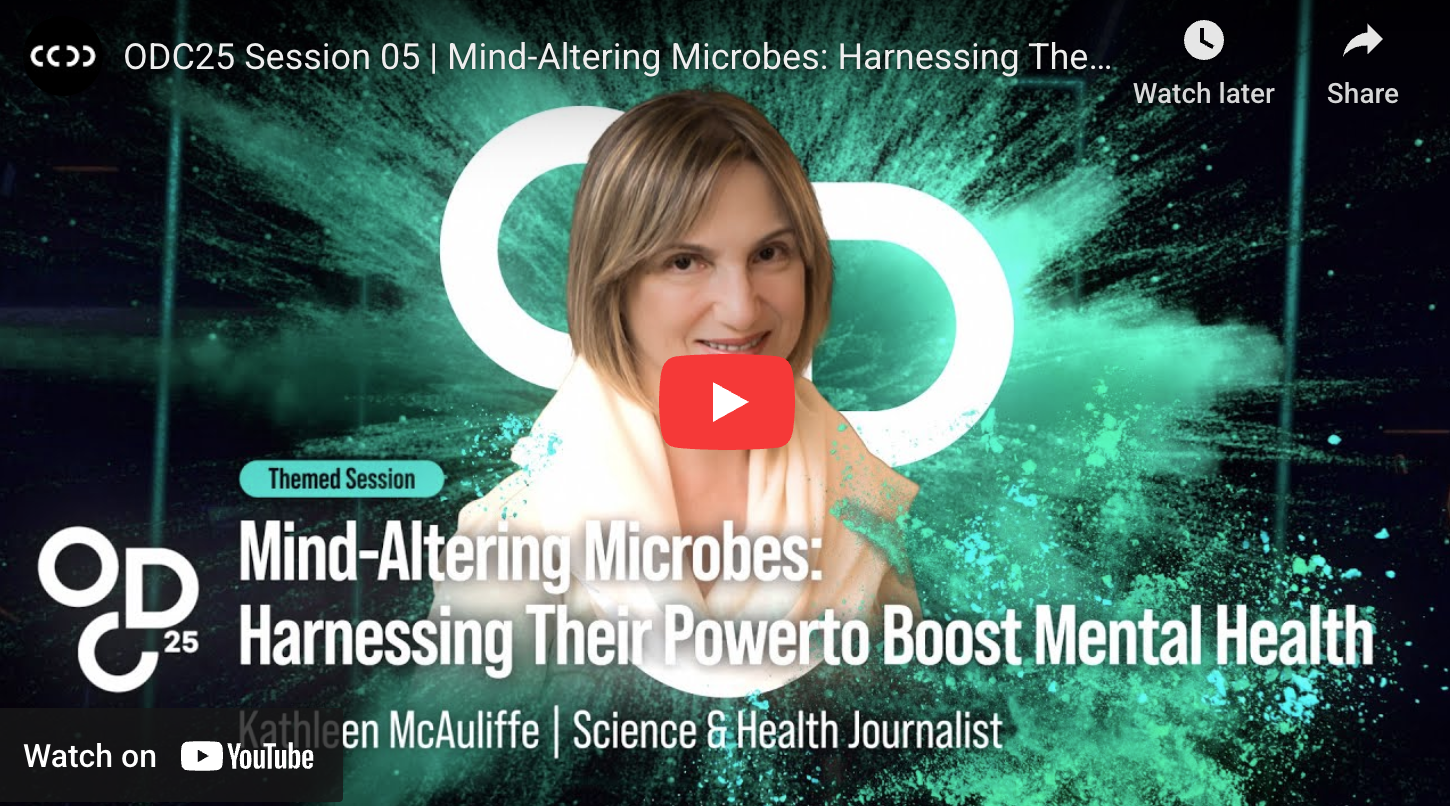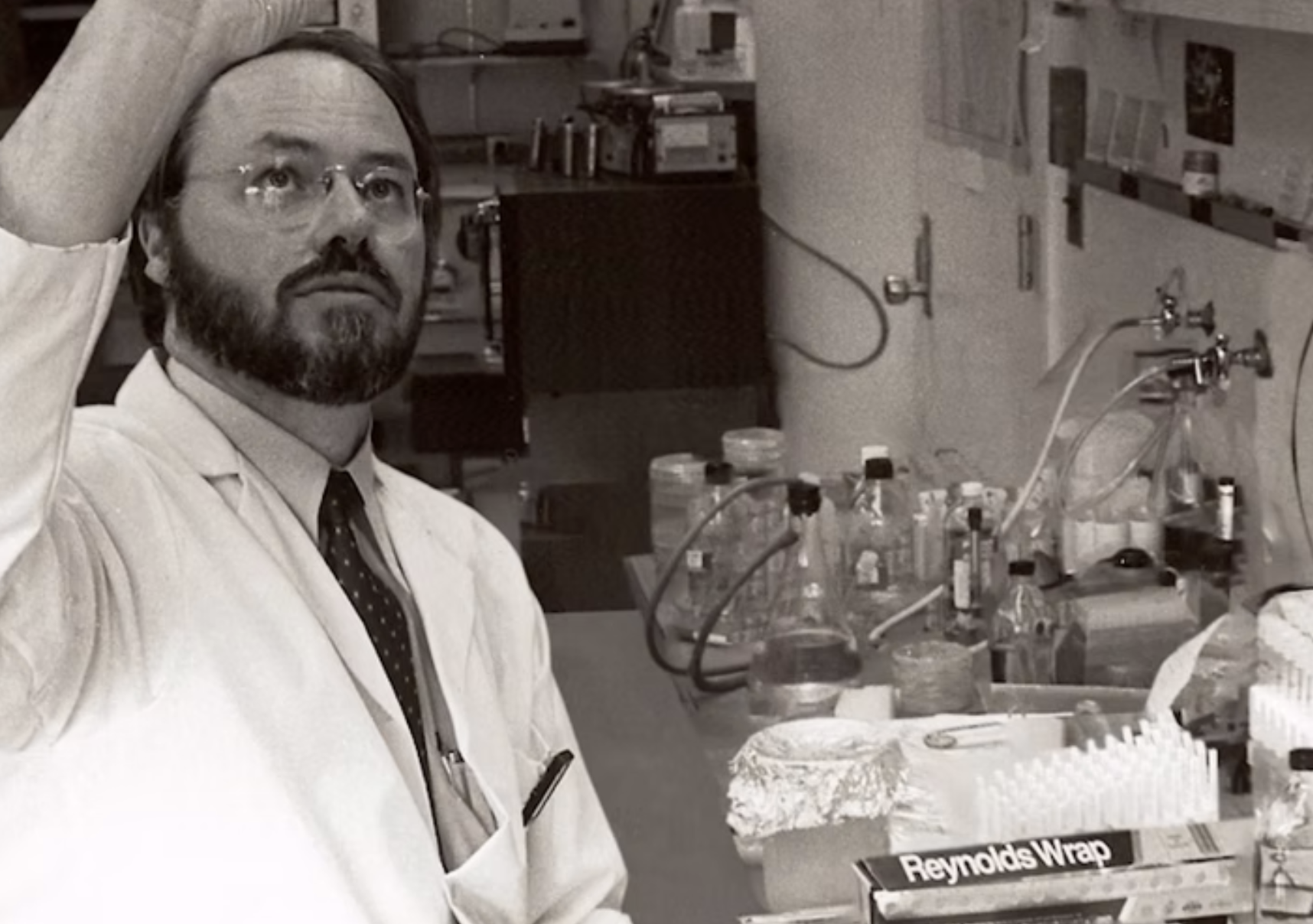What if the ancient practices celebrated in Sandor Katz’s “Fermentation as Metaphor” hold solutions to modern health challenges?
As microbiome science advances, traditional wisdom and cutting-edge research are meeting in rather unconventional ways. Sandor Katz explores fermentation as both a literal transformation and a powerful metaphor — meaning that cultural processes, quite similar to microbial communities, require diversity to thrive. This point of view resonates deeply with recent scientific findings.
A 2022 study in Nutrients by Natasha K. Leeuwendaal et al. revealed that traditional fermented foods significantly modulate gut microbiota composition. This in return enhances beneficial bacterial populations while reducing pathogenic ones. The Researchers documented how fermented dairy products increased short-chain fatty acid production and strengthened intestinal barrier function — a biological mechanism, which now linked to reduced inflammation and improved metabolic health.
Similar to Katz’s metaphorical “wild fermentation” approach that embraces natural microbial diversity rather than sterile control, modern microbiome science increasingly recognizes that microbial diversity—not sterility—underpins human health. Either way, cultural and scientific perspectives suggest that our relationship with microbes should be one of cultivation and diversity rather than conquest.






